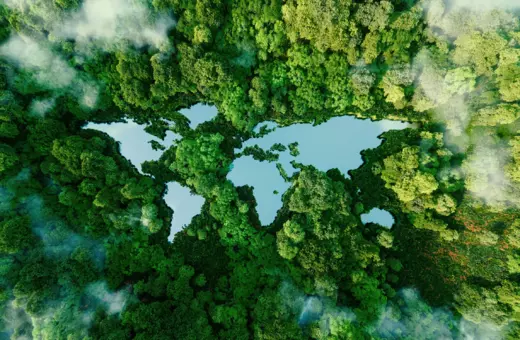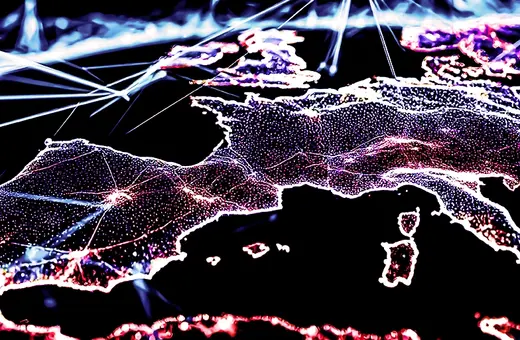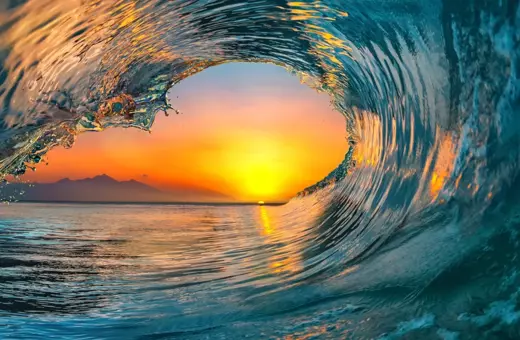Branson vs. Bezos racing towards space - it’s no doubt an exciting spectacle. But little more than that. Despite being some of the richest billionaires on the planet, in outer space their money pales in comparison to that of states. If anyone is going to revolutionize space exploration, it won’t be rich individuals but countries, even small ones. And while billionaires can help with the aim of making space exploration more inclusive - not the sole privilege of China and the Unites States - it will be the addition of more countries that will ultimately lead to the democratization and preservation of space, argues Tony Milligan.
Space belongs to all of us. At least, that is the official position under international law. So, when Richard Branson and Jeff Bezos go toe-to-toe like 19th century prizefighters, slugging it out to see who gets there first, the conflict seems a little stuck in the past. Magnificent men, if not such young men, in flying machines. It is tempting to hope that they may somehow knock each other out, like characters in an old-timey film, without anyone coming to actual harm.
Jeff Bezos is younger than Richard Branson and has more money. His ambitions go higher. Bezos wants to get above the 100 km Karman Line, a boundary between the Earth’s atmosphere and what sits beyond. The boundary is sub-orbital, so no one could stay there. It is also little arbitrary, a convenient fiction. Nature is not metric. Richard Branson has less money than Jeff, but still an awful lot. Billions, but not too many billions. After 20 years of work and stress to position Virgin Galactic for actual commercial flights, he has been as good as his word, putting his own body on the line, and going 53 miles up. Three miles higher than you need to go before the US Air Force calls you an astronaut.
None of this shows the technology is entirely safe. I would not step into it until it has been up and running, as a viable commercial operation, for at least five years. But for enthusiasts it may already be close enough to take the risk. People will, of course, die. There have already been deaths during testing and flight. Branson’s trip is the high point in a long process that has a much larger number of lows.
In terms of our human expansion into space, this does not mean much. It is an entertaining sideshow with some unusually bad optics, billionaires whatever it is that billionaires do.
In space, billionaires aren’t that rich
In terms of our human expansion into space, this does not mean much. It is an entertaining sideshow with some unusually bad optics, billionaires whatever it is that billionaires do. But space costs too much even for Branson or Bezos to set the agenda on anything other than sub-orbital activity. Up in orbit, the big money gets even bigger. The International Space Station has cost a little less than the entire current fortune of Bezos. Eventually, it will cost more. Somewhere in the region of 40 Bransons, which is about $200bn in Earth currency. China’s new space station Tiangong, costs far less on paper, but is still a multiple of everything that Richard Branson owns. And the hidden costs are enormous. Once we go orbital, Branson falls away, Bezos is in the running but overshadowed by Elon Musk and SpaceX, which is more embedded with supply work for NASA.





















Join the conversation